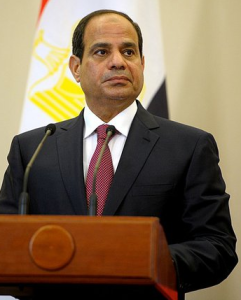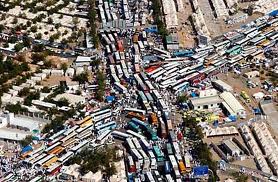The Q4 2017was the best so far in the history of the mobile on-line travel company Cleartrip Middle East. The great performance can be attributed to the overall growth by 59% for the year in bookings in the MENA region.
“We marked a strong finish to 2017 with the best quarterly performance in Cleartrip Middle East’s history. In markets like UAE, we were able to outperform the industry showcasing a multifold expansion. We are particularly delighted to see that our investments toward the adoption of new technologies have started to yield positive results,” said Stuart Crighton, founder and CEO of Cleartrip.
Cleartrip’s growth surpassed that of the air industry, which grew by 13% in the UAE, by a factor of four during Q4. In Saudi Arabia growth was 236% for Cleartrip, caused by several factors including the company’s introduction of an Arabic language website and a strong company focus on product innovation.
The most popular route for Cleartrip in the UAE and Saudi Arabia is to India, with domestic travel in the kindgom on the rise, with 25% expansion in Q4. The UAE saw a sharp climb in travel to the Philippines, Saudi Arabia and Egypt. Saudi Arabia also saw growth in travel to Egypt, the UAE, Pakistan, the Philippines and Turkey.
“We are optimistic that 2018 will be another strong growth year, and we will continue to drive innovation and leverage technology to diversify and enhance our offerings. With our strong presence in the region and our solid financial credentials, we couldn’t be in a better position to further scale our operations and expand our market footprint. Closely aligned with our long-term growth strategy, we have laid out plans to further deepen our presence in the region, starting with our launch in Egypt later this year,” said Sameer Bagul, execuitve vice president and managing director, Cleartrip.
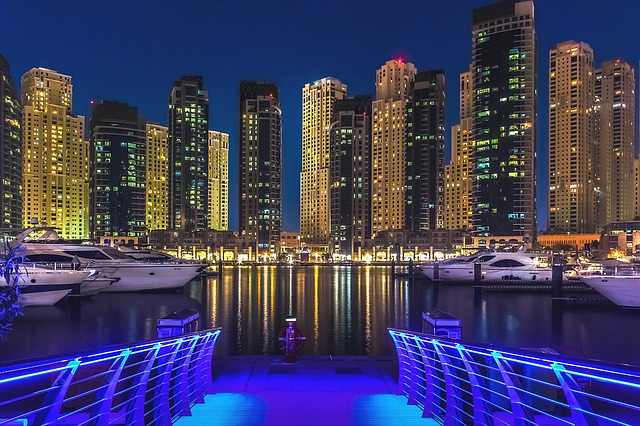
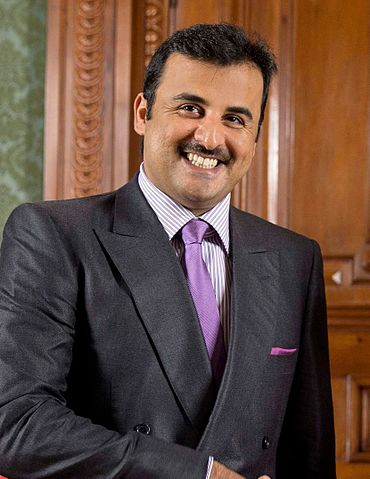
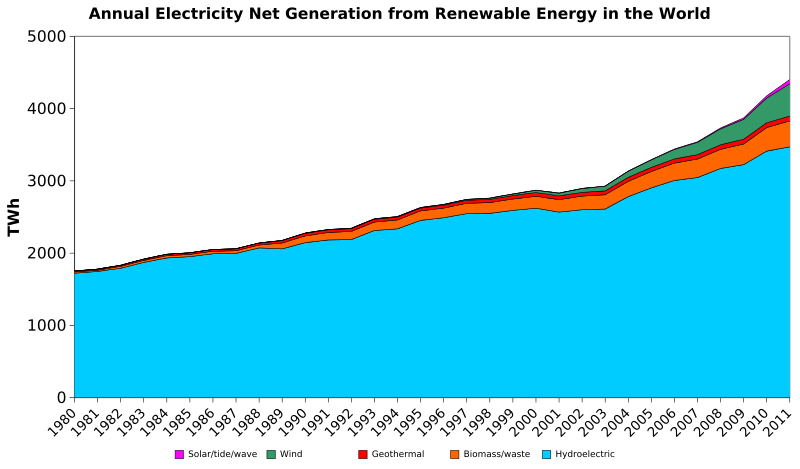
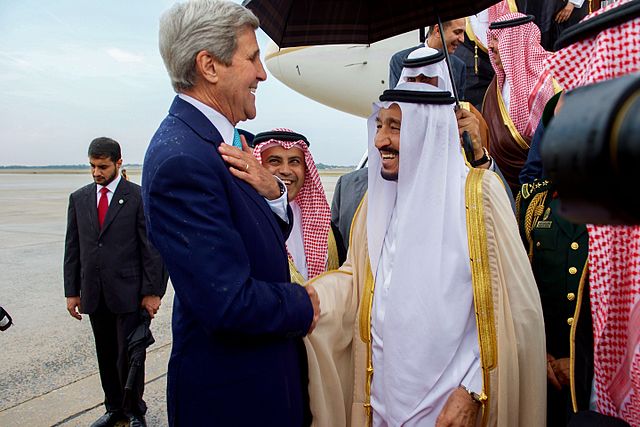
![Somewhere south of Mahbes, Western Sahara, in the freed zone. Sahrawi women in the II International march against the Moroccan built wall that divides western Sahara. The longest wall built on Earth, this wall consists of a long wall with a berm, barbed wire, millions of landmines and electronic systems, survived by thousands of Moroccan soldiers.By Western Sahara (Sahrawi women against the wall of shame) [CC BY-SA 2.0 (http://creativecommons.org/licenses/by-sa/2.0)], via Wikimedia Commons](http://www.omrannews.com/wp-content/uploads/2015/08/512px-Sahrawi_women_against_the_wall_of_shame-300x225.jpg)
